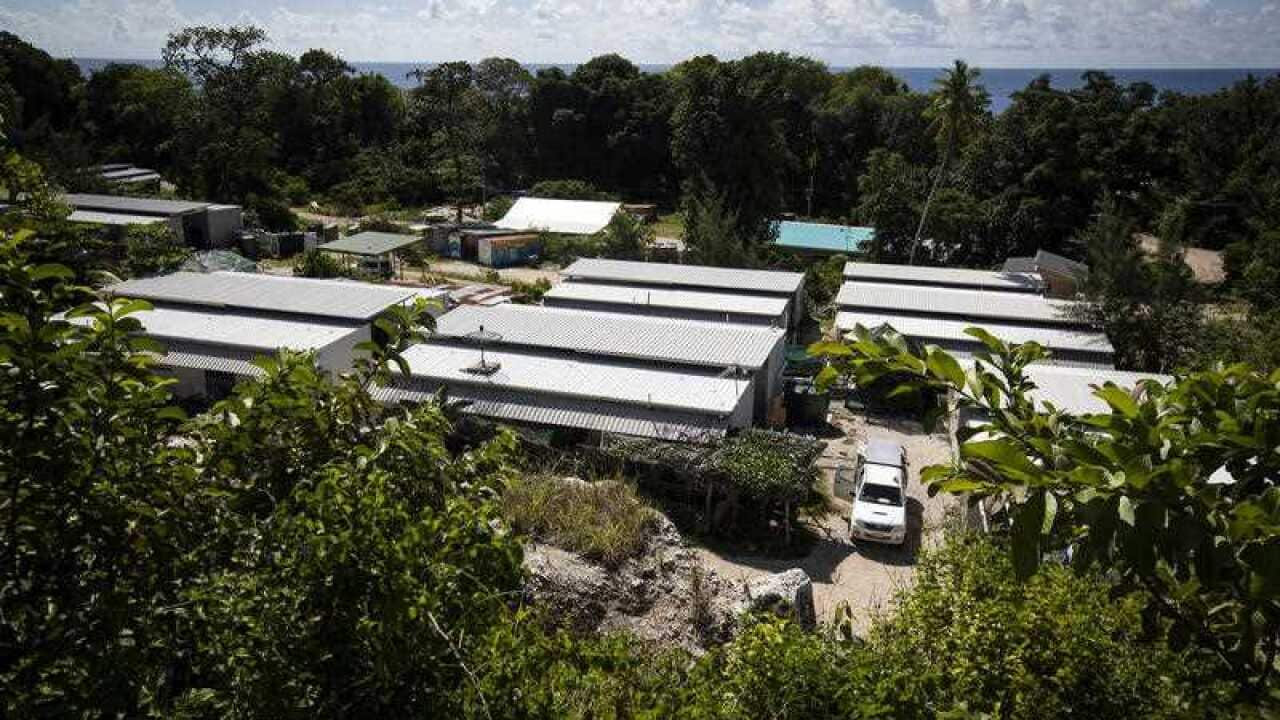Australia has responded to a UN finding that it violated human rights by detaining asylum seekers on Nauru, by continuing to argue that it doesn’t control the regional processing centre, and Nauru does.
A United Nations committee has found Australia violated a human rights treaty by detaining a group of asylum seekers, including minors, on the remote Pacific island of Nauru even after they were granted refugee status, it said in a statement on Thursday.
Under Australia’s immigration policies, those trying to reach the country by boat have been sent to detention centres — including on the South Pacific island nation of Nauru — for so-called “offshore processing” since 2013.
But a spokesperson from the Department of Home Affairs said that people who are outside Australia’s territory or effective control don’t come under its international human rights obligations.
“It has been the Australian Government’s consistent position that Australia does not exercise effective control over regional processing centres.”
The spokesperson said Nauru has jurisdiction over the regional processing arrangements and the detention centres come under Nauru’s international law obligations.
However the Australian government said it is considering the UN committee’s complaint and would provide a response “in due course”.
Australia’s facilities have previously drawn scrutiny from rights groups.
The UN Human Rights Committee, which monitors the legally binding 1966 International Covenant on Civil and Political Rights and was asked to consider a complaint by a group of refugees, found Australia had violated two provisions of the treaty: one on arbitrary detention and another protecting the right to challenge their detention in court.
The committee asked Australia to provide compensation to the victims and to ensure similar violations do not recur.
Committee member Mahjoub El Haiba said: “The outsourcing of operations does not absolve States of accountability.”
“Offshore detention facilities are not human-rights free zones for the state party, which remains bound by the provisions of the Covenant.”
Australia’s treatment of refugees has been criticised in the past. Credit: AAP
The finding follows a 2016 petition filed with the UN committee by a group of 24 asylum seekers from Iraq, Iran, Afghanistan, Pakistan, Sri Lanka and Myanmar who were intercepted while trying to reach Australia by boat in 2013 when they were aged between 14 and 17 years old.
The group, unaccompanied and transferred to Nauru from Christmas Island in 2014, were held in the overcrowded Regional Processing Centre, where they had inadequate access to water and healthcare, the UN statement said.
Nearly all the minors experienced a decline in well-being, including weight loss, self-harm, kidney problems, and insomnia, it said.
The group remained in detention on Nauru despite all but one of them being granted refugee status, the UN statement said. It did not specify the total duration of their detention or provide details on their identities or current whereabouts.
Australia argued there was no proof the alleged violations had occurred within its jurisdiction, according to the UN statement. However, the committee found the Nauru facility counts as being within Australia’s jurisdiction, citing the country’s role in constructing and financing it.
In a second case filed to the same committee, it found that an Iranian refugee who had been held in Nauru had also been subject to arbitrary detention, the statement said.

